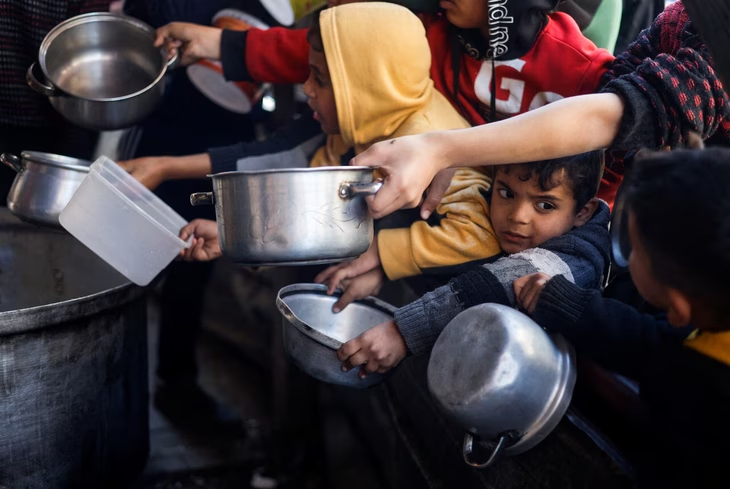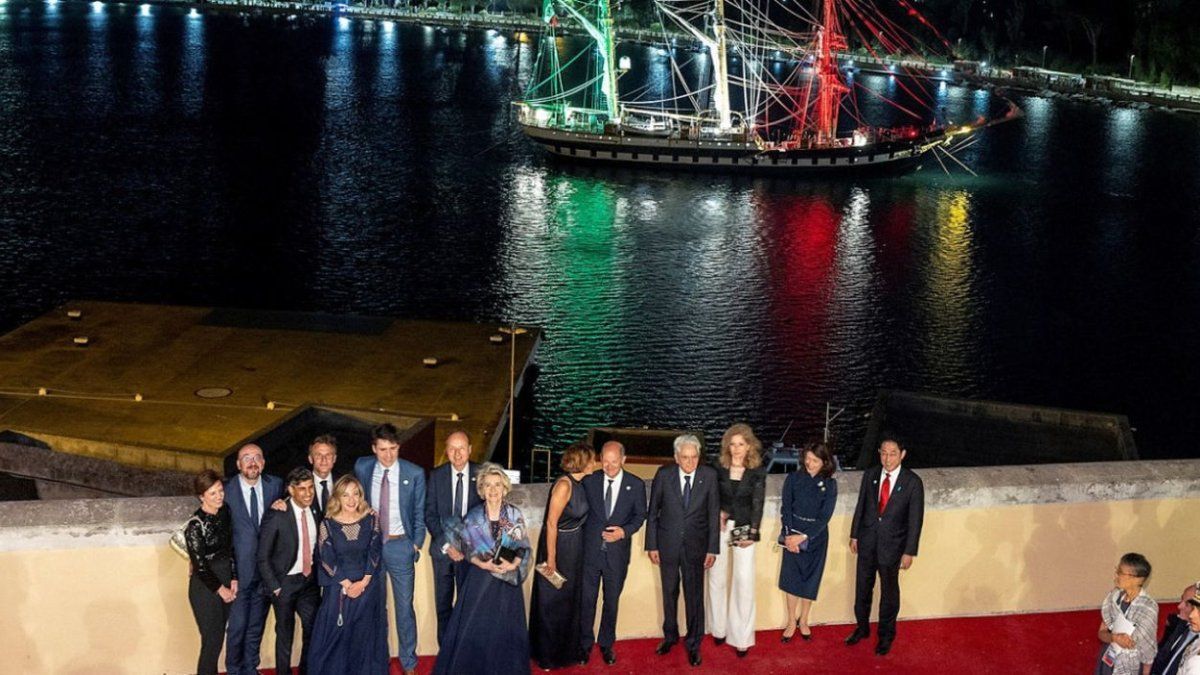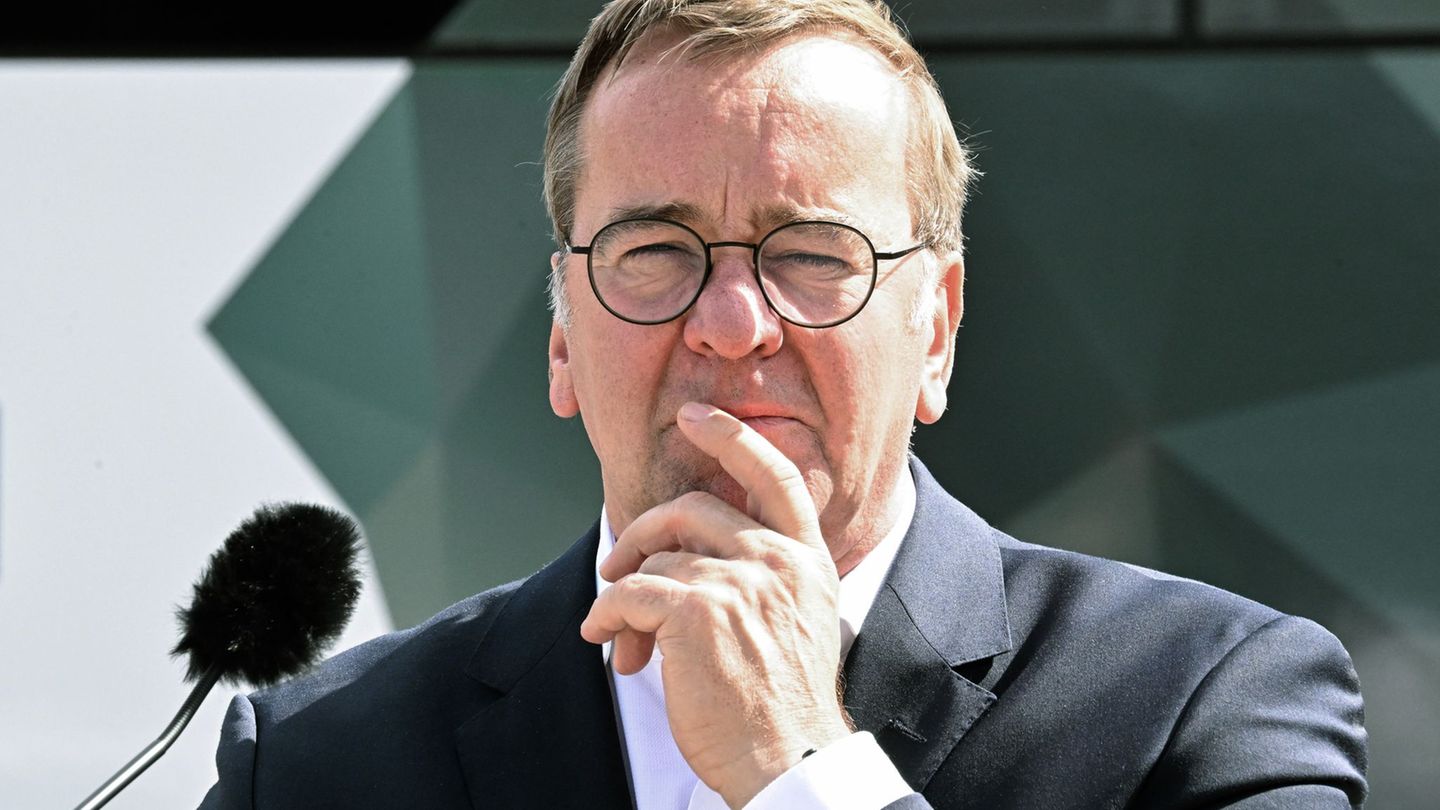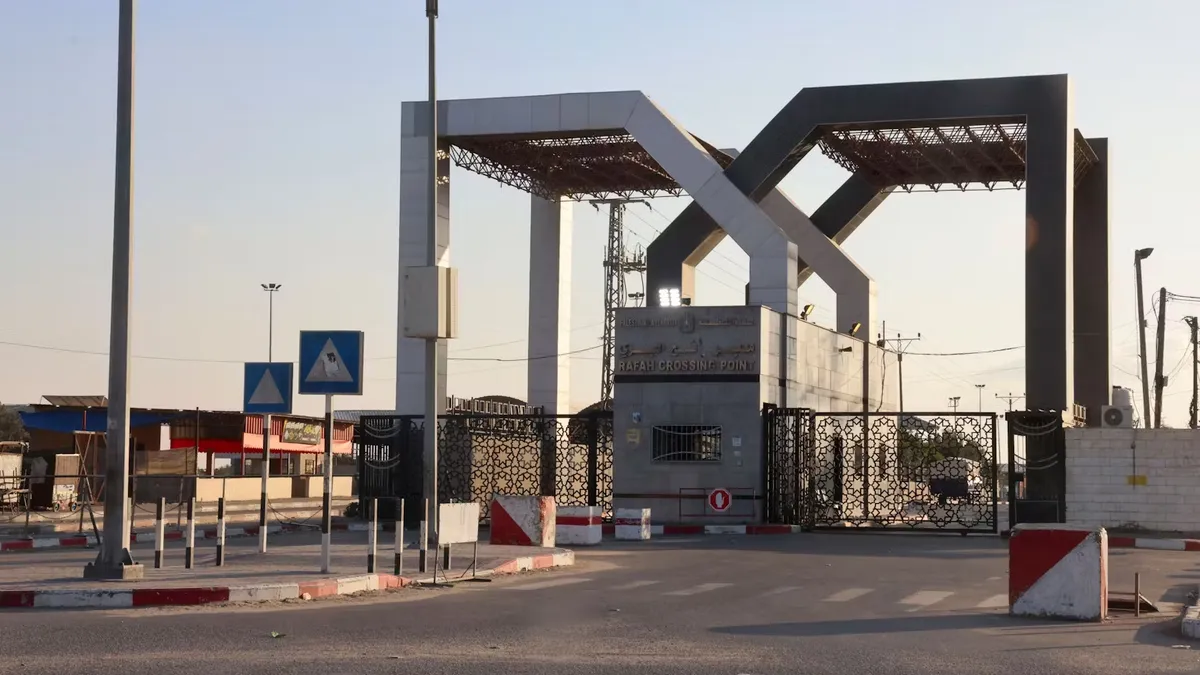As part of the second day of the world summit, the leaders of the Group of Seven committed to redoubling their efforts against global malnutrition. The initiative will focus on low-income countries and promote projects in Africa.
The leaders of Great Britain, Canada, France, Germany, Italy, Japan and the United States published a draft declaration to combat global food security. In the document, he pointed to the invasion of Ukraine as one of the reasons why the world’s food problems were “aggravated.”
The content you want to access is exclusive to subscribers.
According to the text, the objective will be “overcoming structural barriers to food security and nutrition“. The initiative will focus mainly on low-income countries and will seek to promote projects in the African continent.


The G7 proposal against food insecurity
The initiative proposed in Apulia, Italy, during the second day of the G7 summit proposes to establish the bases to overcome “structural barriers“relating to”food security and nutrition” in the world.
The draft – which does not yet reflect specific measures to be taken by the main world leaders – focuses mainly on low-income countries and on improving the situation in the continent of africa. Earlier, the Italian Prime Minister Giorgia Meloniannounced an aid plan from his country aimed at African countries.
Palestinian hunger.avif

Leaders aim to improve the food situation, especially in low-income countries.
In this proposal, the immigration issue takes a central role and seeks to resolve root of illegal emigration to Europe.
In reference to food security, the Western powers committed to “collaborate to improve fiscal space” to meet this objective. Thus, the measures could aim to reduce the borrowing costs of the poorer nations through mechanisms such as debt swaps. G7 development ministers are expected to work out the details of the program in the coming months.
Criticism of the G7 proposal
The document and the possible measures announced on the second day of the G7 summit sparked the first criticism. In this case, they were African agricultural groups that they stated not be consulted by the world’s main leaders.
In this sense, the farmers assured that “there is a lack of family farmer organizations, which have not participated despite the fact that small producers They will be key to your success“, he claimed Ibrahima CoulibalyPresident of the Network of Peasant Agricultural Producers of West Africa.
Furthermore, Coulibaly assured that, within the proposal, “There is a lack of a plan to ensure that the financing obtained reaches family farmers and support a shift towards more diverse and nature-friendly approaches, which are key to adaptation.” According to the producer farmer, the G7 “must urgently close these gaps” for your plan to work successfully.
Source: Ambito




